Conclavoscope - Cardinal Leopoldo José Brenes Solórzano
Cardinal Profile and Assessment
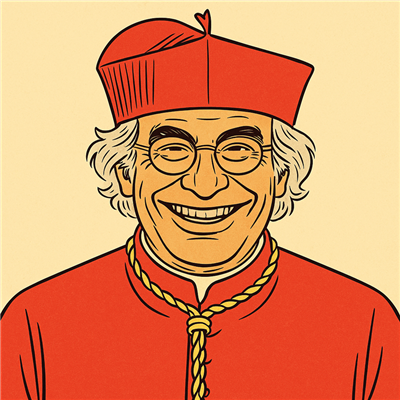
Nicaraguan cardinal, Archbishop of Managua, known for his work for peace and reconciliation in a tense political context, and his balanced leadership in difficulties.
| Criterion | Tendency |
|---|---|
| Moral doctrine | Moderately conservative |
| Liturgy | Centrist |
| Sociopolitical | Very progressive |
| Relationship with Pope Francis | Progressive |
| Dialogue | Very progressive |
| Communication | Very progressive |
| Overall tendency | Progressive |
Cardinal Brenes upholds traditional Catholic moral doctrine, particularly on issues such as abortion and family. While he has not made many public statements on homosexuality or other progressive moral debates, his leadership within a historically conservative Latin American episcopate and his positions on life issues suggest a moderately conservative stance.
Cardinal Brenes promotes a liturgical style that respects tradition without rigid attachment to the pre-Vatican II rites. There is no strong indication of liturgical innovation or traditionalist tendencies, suggesting a centrist liturgical orientation.
Cardinal Brenes has been outspoken in defense of human rights and democratic values in Nicaragua, particularly amid government repression. He has called for peace and dialogue in times of crisis, positioning himself as a voice for justice and reconciliation.
Cardinal Brenes is a close ally of Pope Francis. He was elevated to the cardinalate by Francis in 2014 and shares the Pope’s vision of a pastoral, dialogical Church engaged with society. His leadership in CELAM also reflects alignment with the Franciscan agenda for the Latin American Church.
Cardinal Brenes has shown openness to ecumenical and interreligious collaboration, especially in the context of promoting peace and defending the rights of minorities. While there are few highly publicized examples, his pastoral approach aligns with fostering dialogue.
Cardinal Brenes is known for his humility and pastoral style. He maintains a close connection with the faithful, often emphasizing the Church’s role in building peace and hope. His tone is conciliatory and consistent with Pope Francis’s pastoral ethos.

Germany
German cardinal, former prefect of the Congregation for the Doctrine of the Faith, known for his very conservative positions and vigorous defense of traditional doctrine.
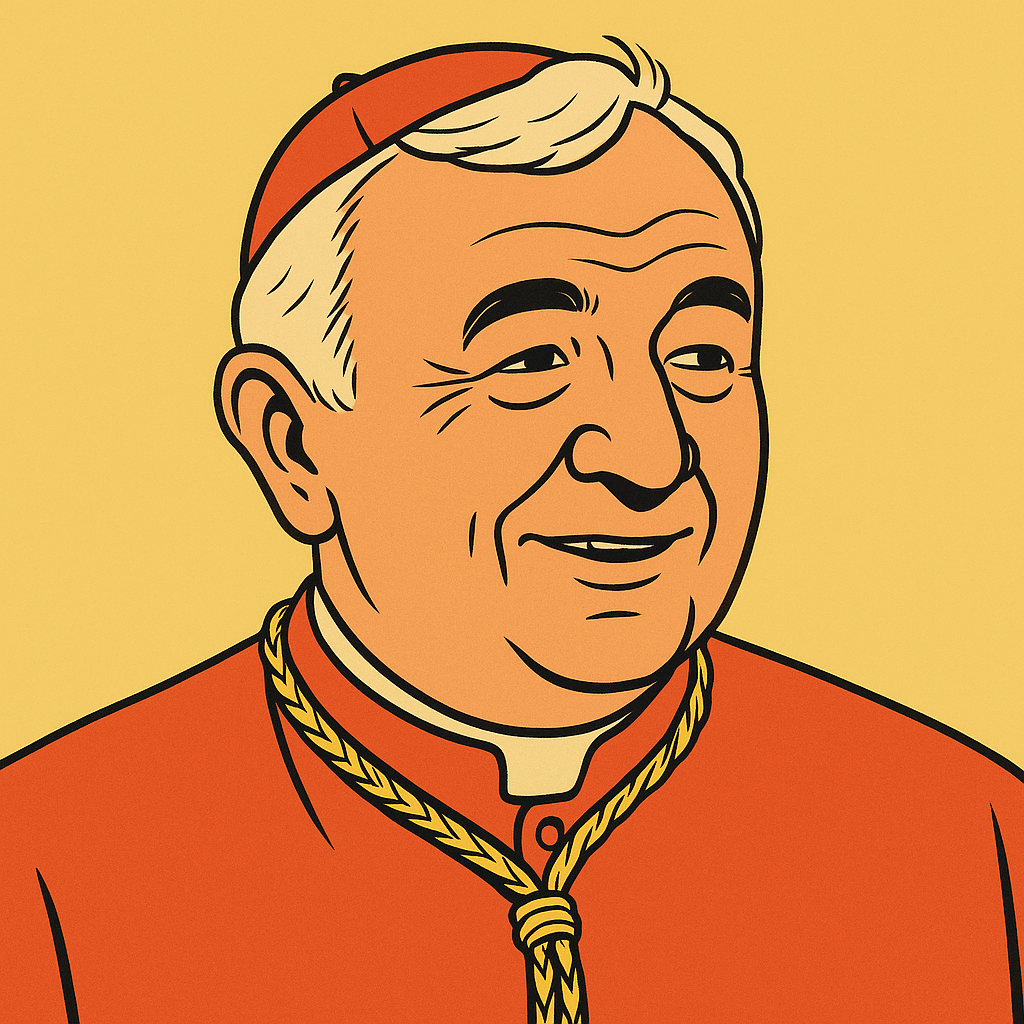
United Kingdom
British cardinal, Archbishop of Westminster, known for his conservative positions on moral issues, while being committed to defending migrants and fighting human trafficking.
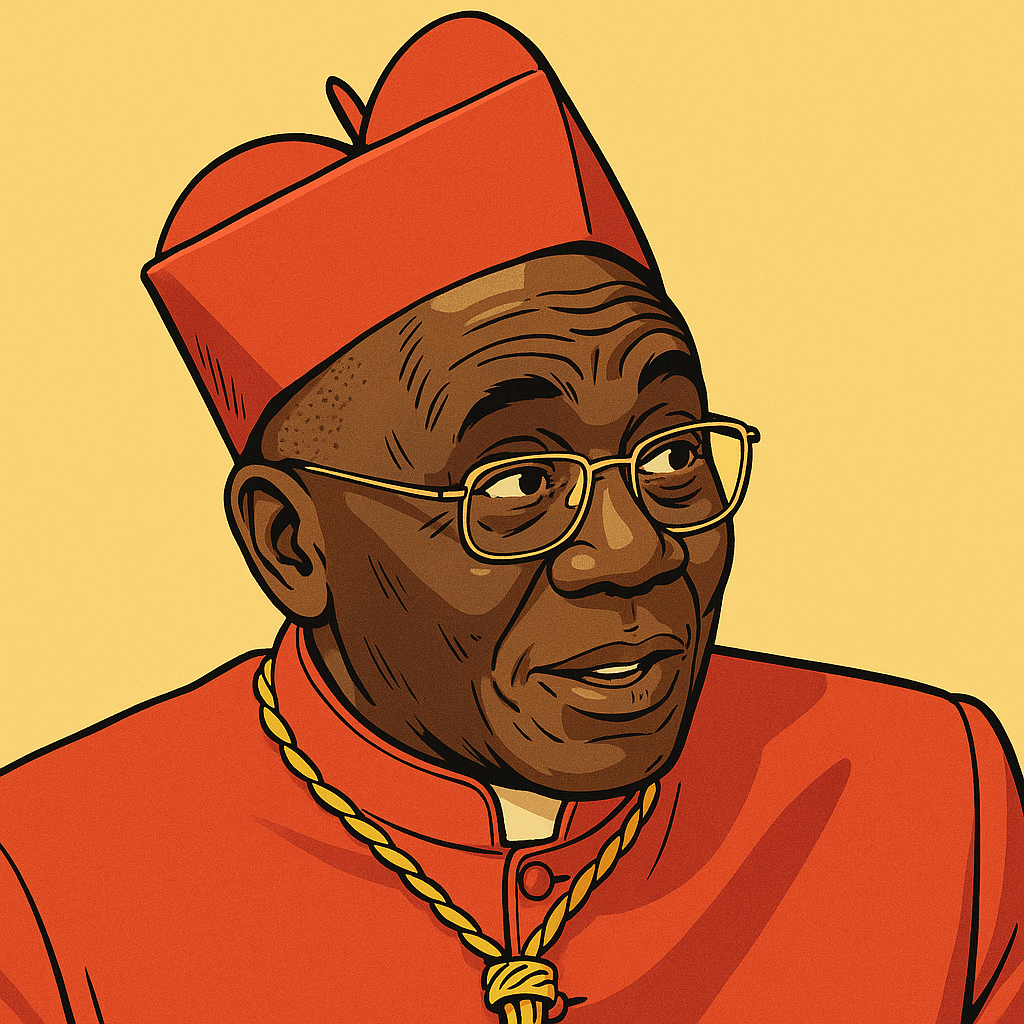
Ivory Coast
Ivorian cardinal, Archbishop of Abidjan, known for his doctrinal fidelity and conservative positions, while working for social peace and unity in his country.
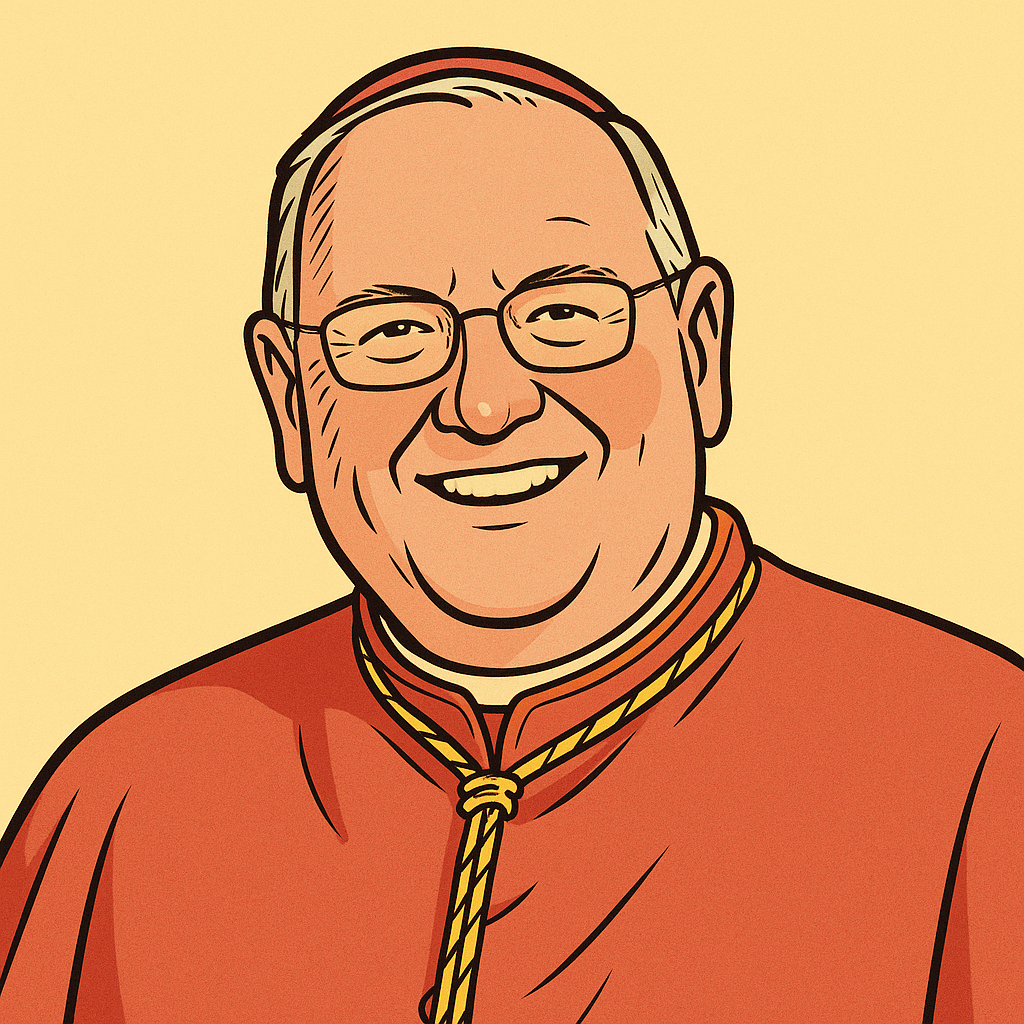
United States
age: 76
American cardinal, Archbishop of New York, known for his media charisma and balanced leadership, combining social commitment and defense of Catholic tradition and moral values.
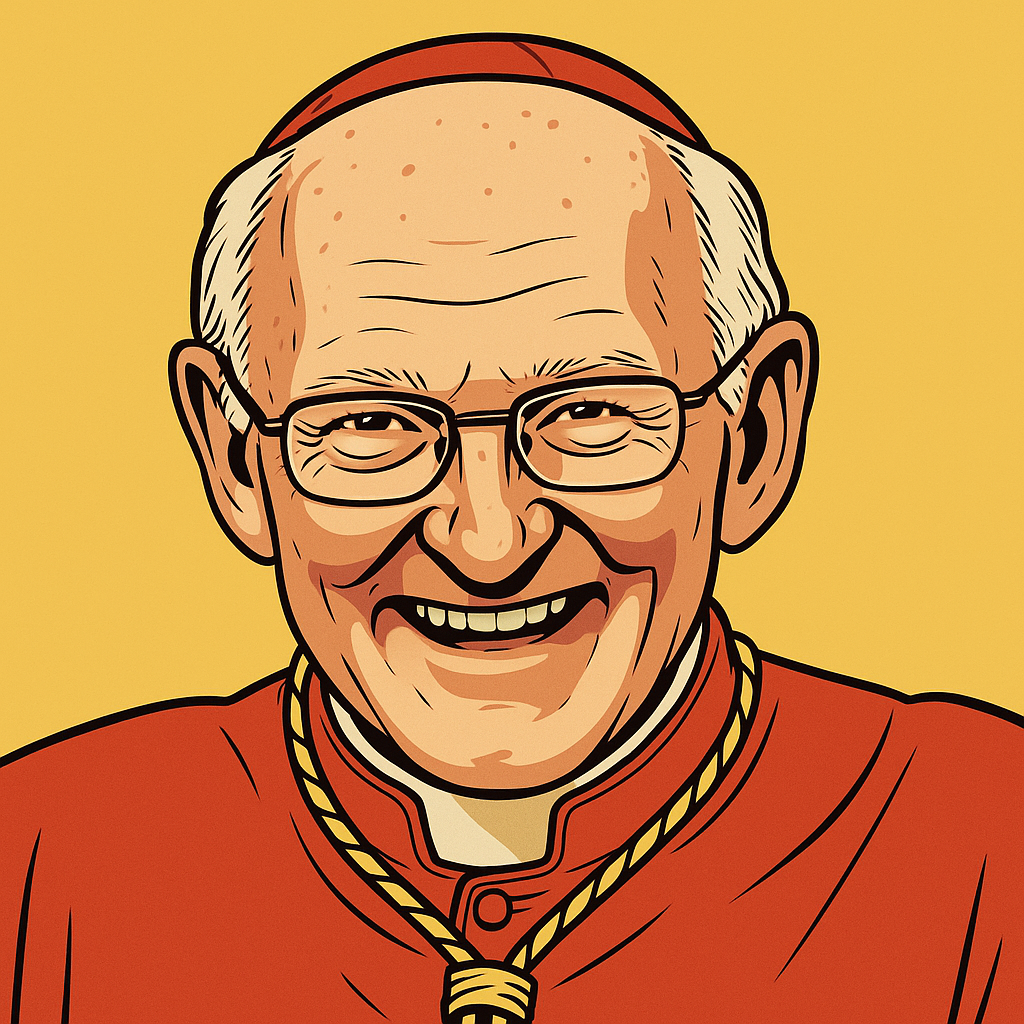
United States
age: 76
American cardinal, Archpriest of the Basilica of Saint Paul Outside the Walls, former Prefect of the Papal Household, known for his conservative positions and administrative experience at the Vatican.
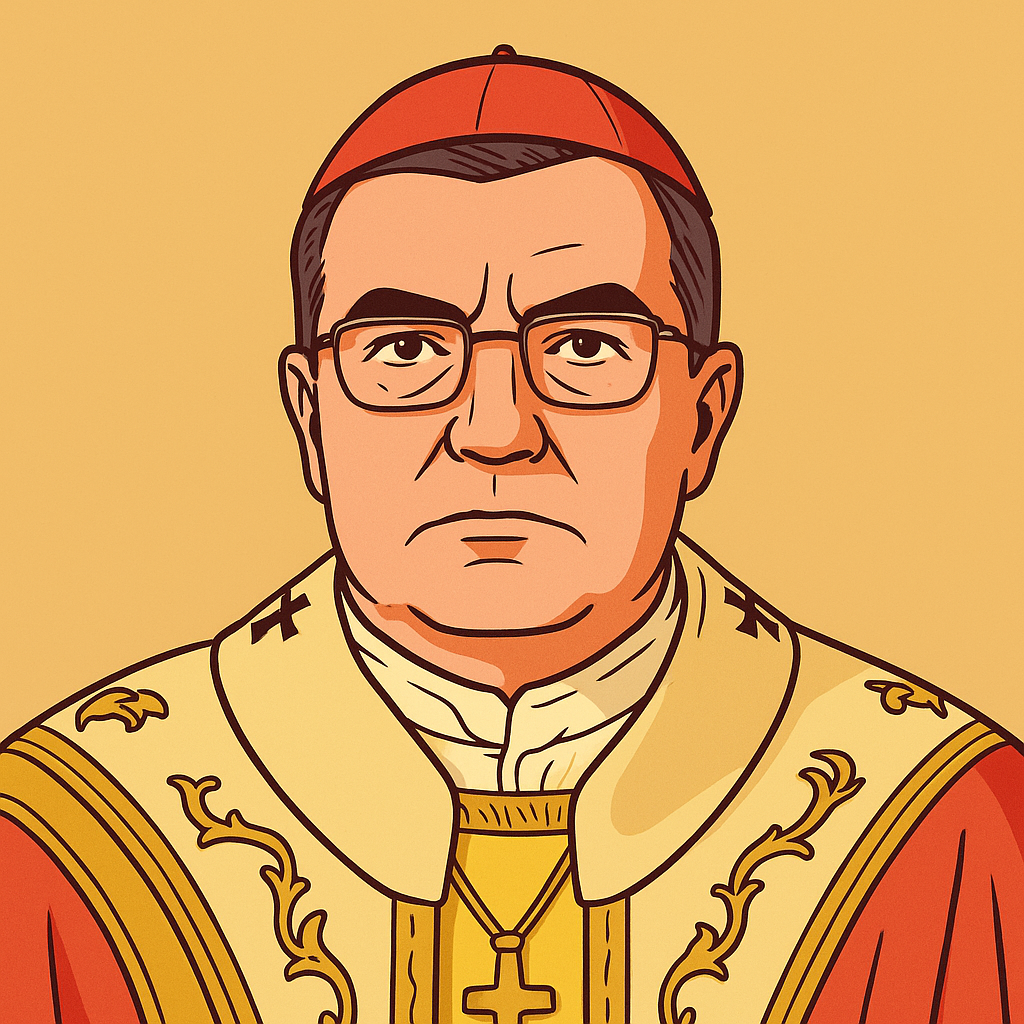
Croatia
age: 76
Croatian cardinal, Archbishop of Zagreb, known for his conservative positions on moral issues and his commitment to traditional values in a post-communist context.
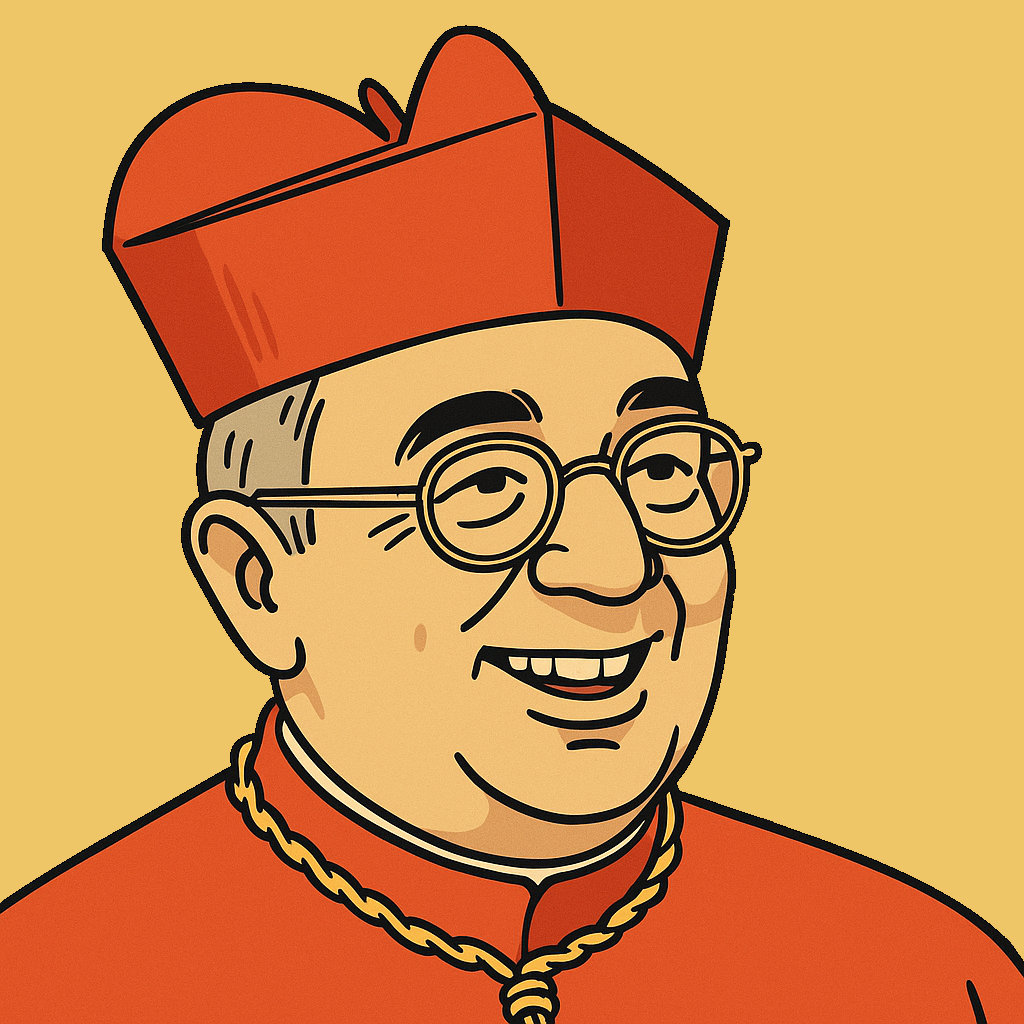
Italy
Italian cardinal, former vicar general of the pope for the diocese of Rome, known for his balance between liturgical tradition and moderate pastoral openness.
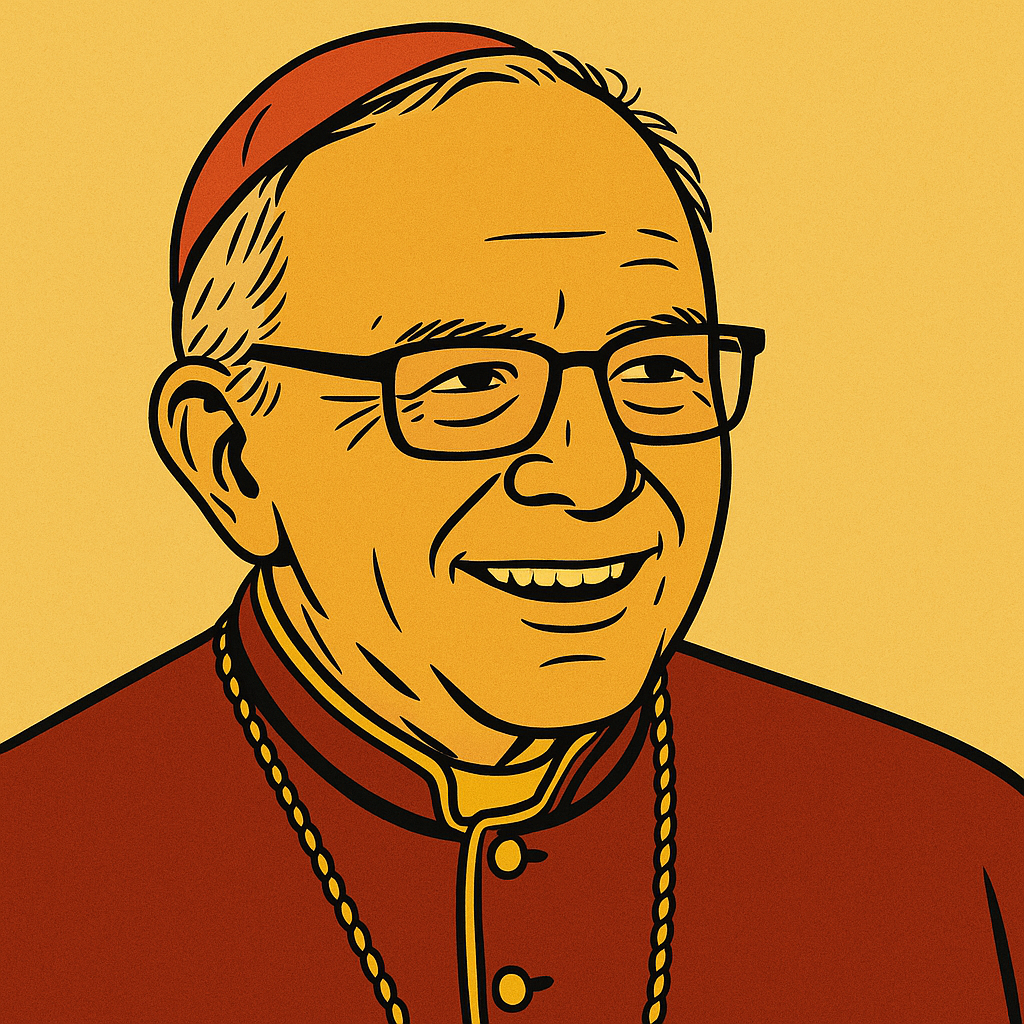
Portugal
Portuguese cardinal, Patriarch Emeritus of Lisbon, known for his balanced leadership and pastoral vision that respects tradition while dialoguing with contemporary society.
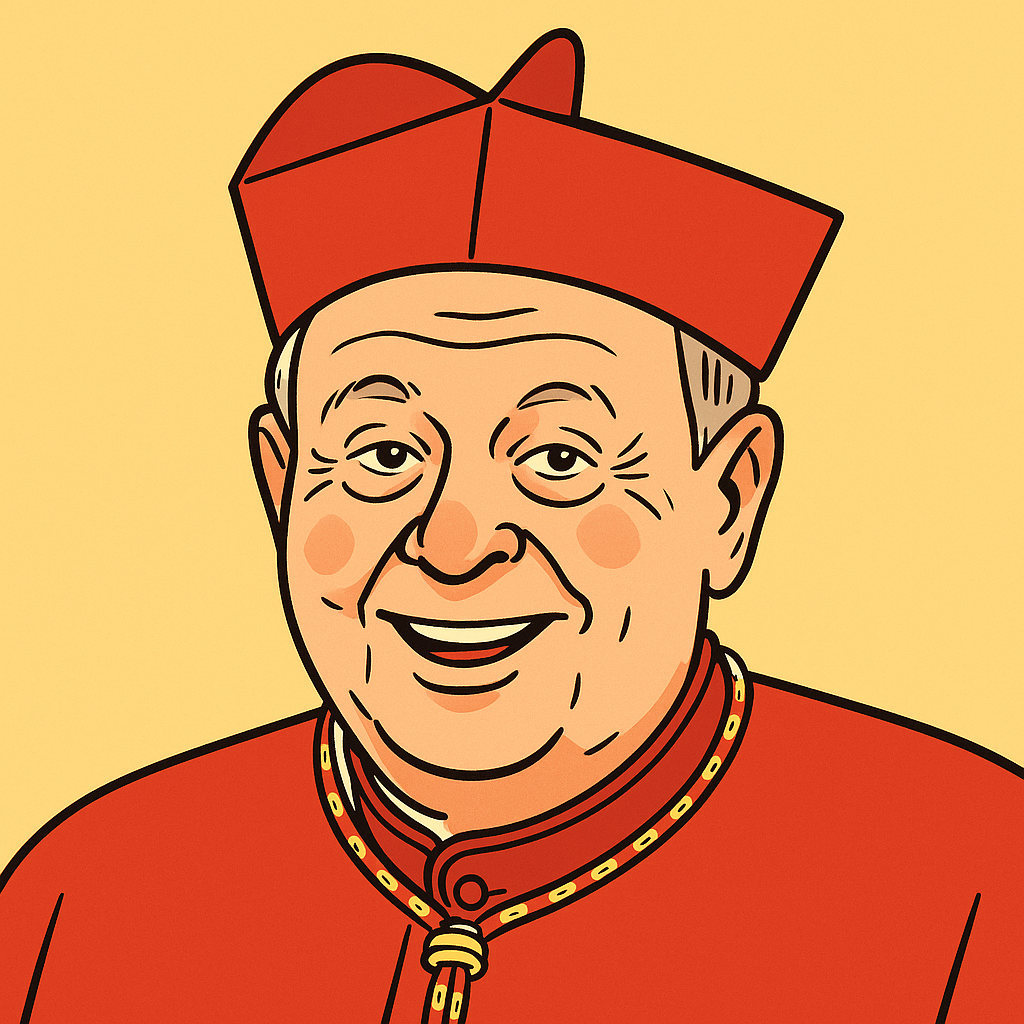
Italy
Italian cardinal, Bishop of Como, known for his balanced pastoral approach and his work for the reception of migrants at the Swiss border, combining doctrinal fidelity and social commitment.
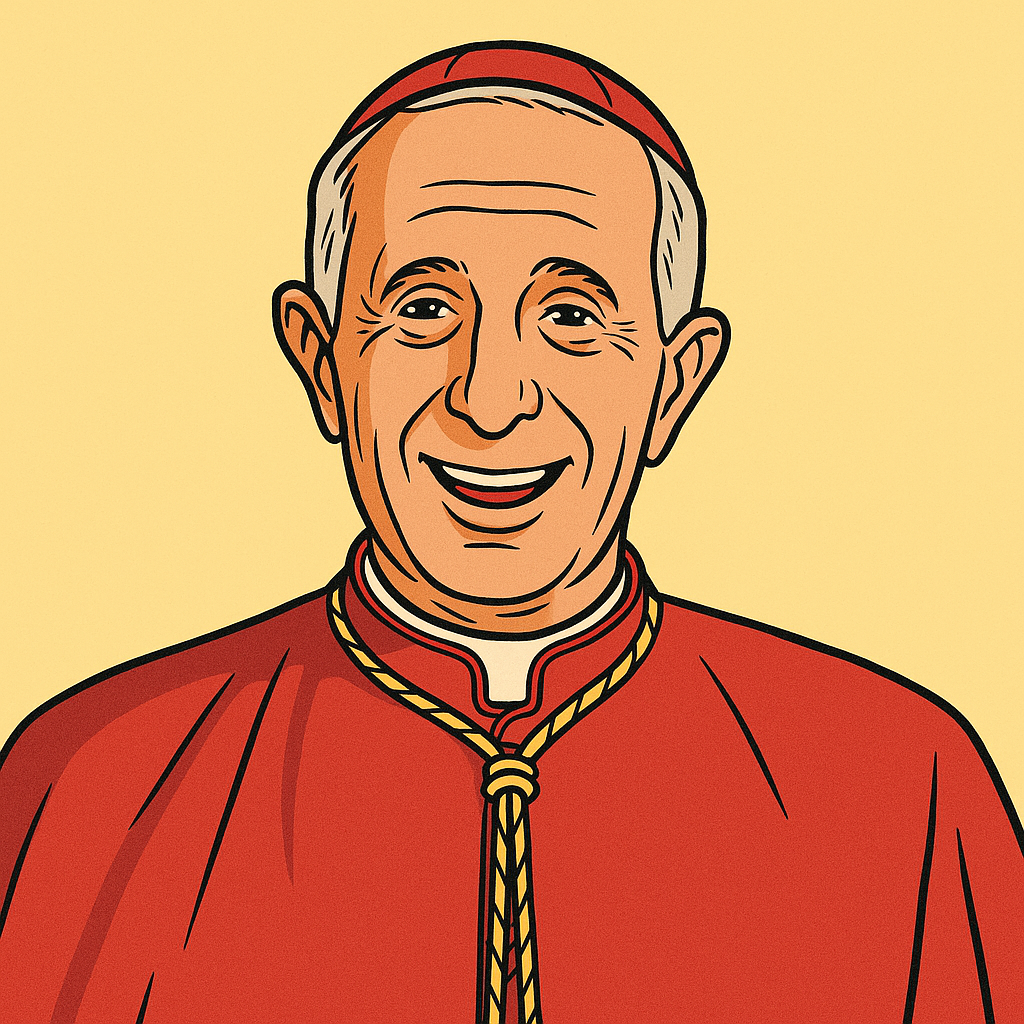
Argentina
Argentine cardinal, Archbishop Emeritus of Buenos Aires, successor of Pope Francis in this diocese, known for his discreet profile and balanced administration between tradition and renewal.

Switzerland
Swiss cardinal, president of the Dicastery for Promoting Christian Unity, known for his theological expertise and ecumenical commitment, with a moderately conservative doctrinal position.

Portugal
Portuguese cardinal, Patriarch Emeritus of Lisbon, known for his balanced leadership and pastoral vision that respects tradition while dialoguing with contemporary society.
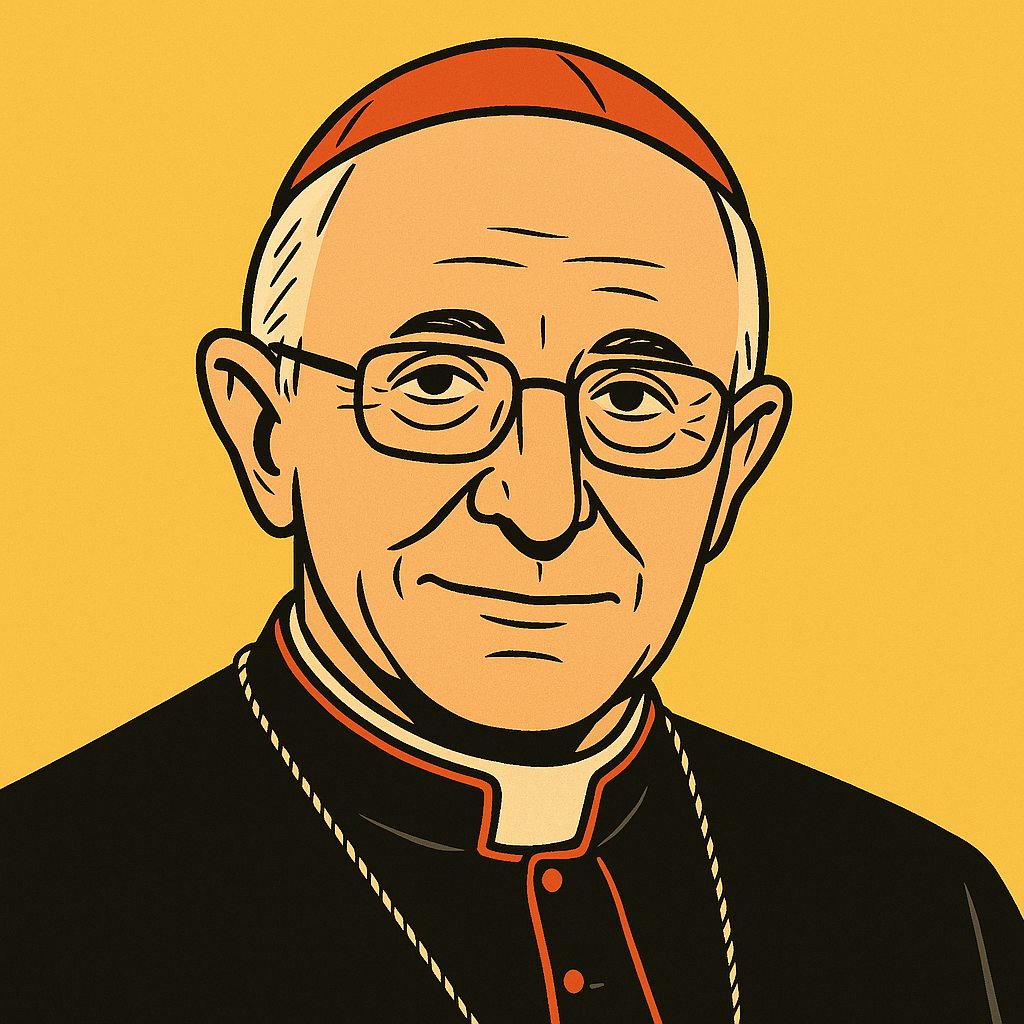
Italy
Italian cardinal, Grand Master of the Order of the Holy Sepulchre, former prefect of the Congregation for the Evangelization of Peoples, known for his missionary and diplomatic experience.
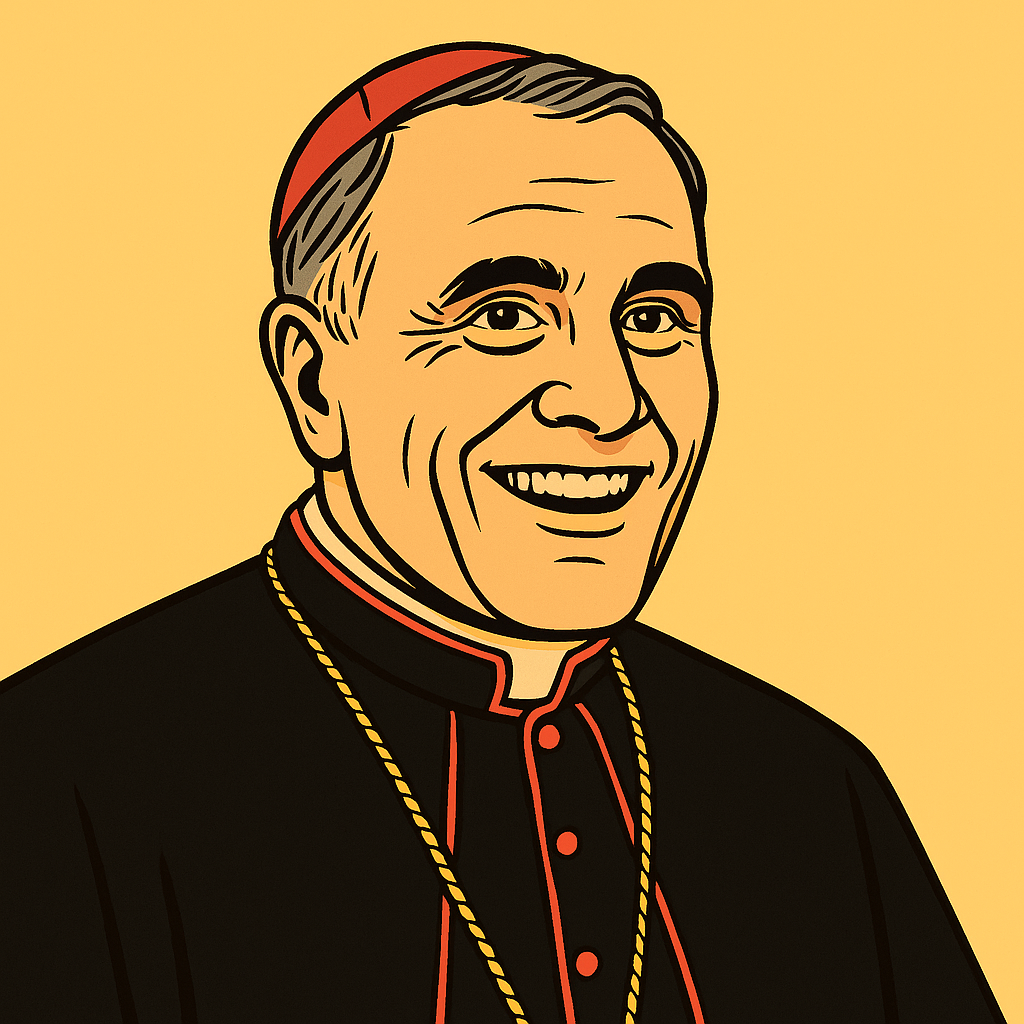
United States
American cardinal, known for his conservative positions on doctrine and liturgy, while seeking unity in a divided ecclesial context.
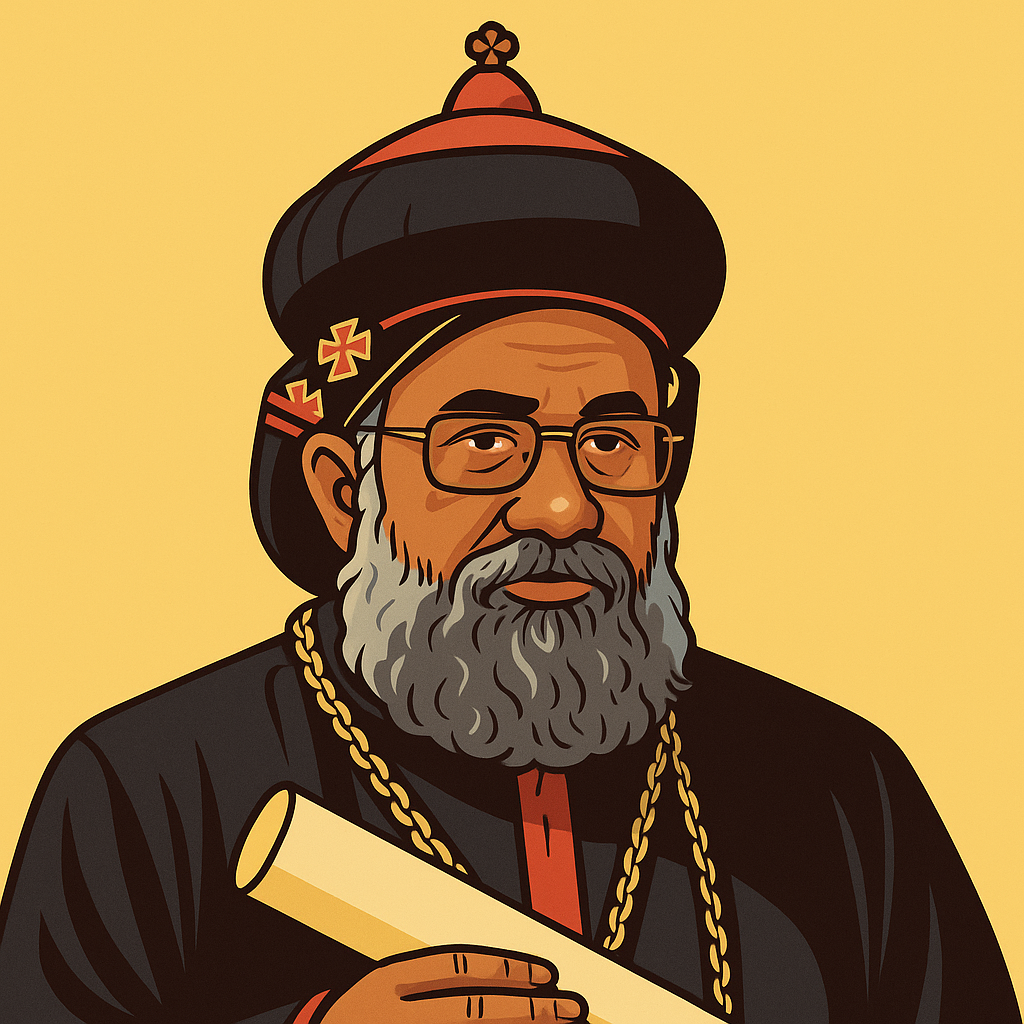
India
Indian cardinal of Syro-Malankara rite, known for his attachment to the Eastern traditions of the Church and his defense of traditional moral doctrine.

Italy
Italian cardinal, former vicar general of the pope for the diocese of Rome, known for his balance between liturgical tradition and moderate pastoral openness.

Argentina
Argentine cardinal, Archbishop Emeritus of Buenos Aires, successor of Pope Francis in this diocese, known for his discreet profile and balanced administration between tradition and renewal.
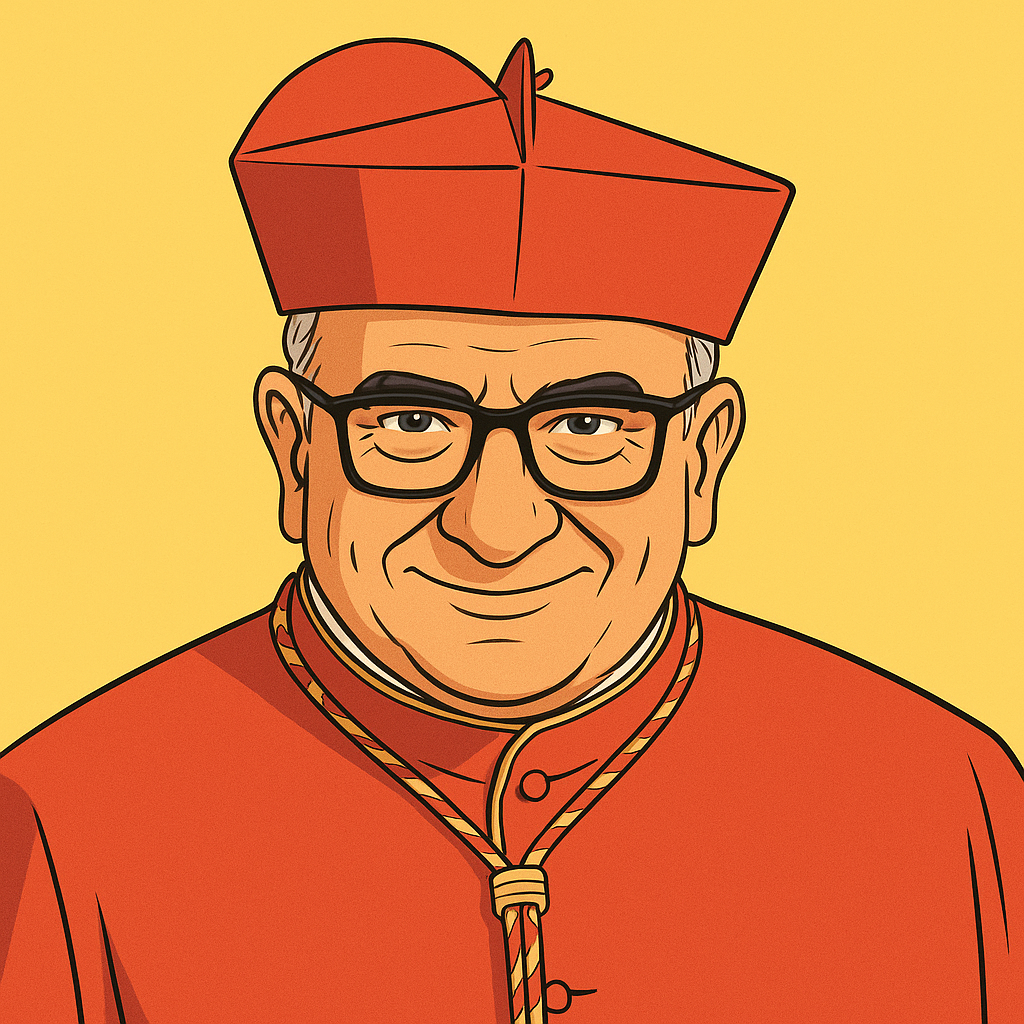
Chile
Chilean cardinal, Archbishop of Concepción, known for his conservative doctrinal positions and commitment to rebuilding trust after abuse scandals.
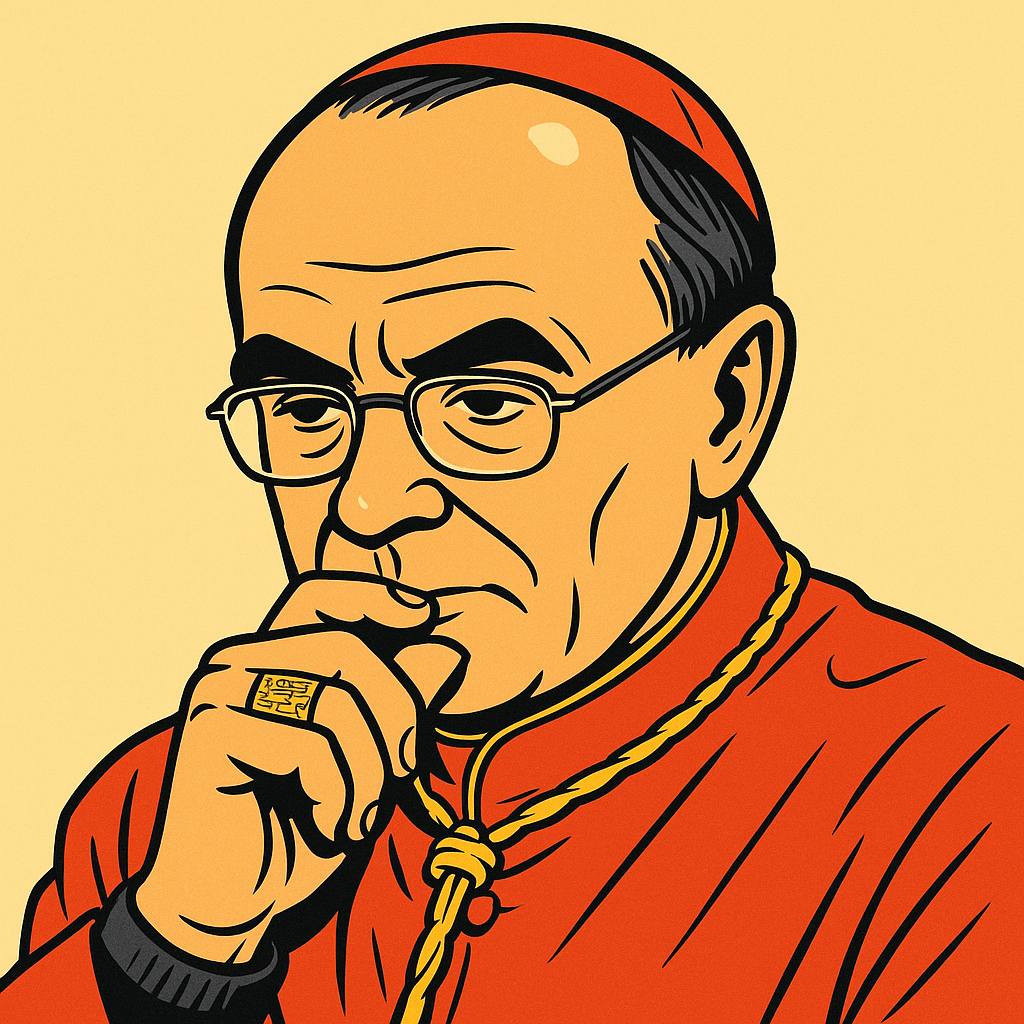
France
French cardinal, Archbishop Emeritus of Lyon, known for his missionary dynamism but whose career has been marked by controversy over the handling of sexual abuse in his diocese.
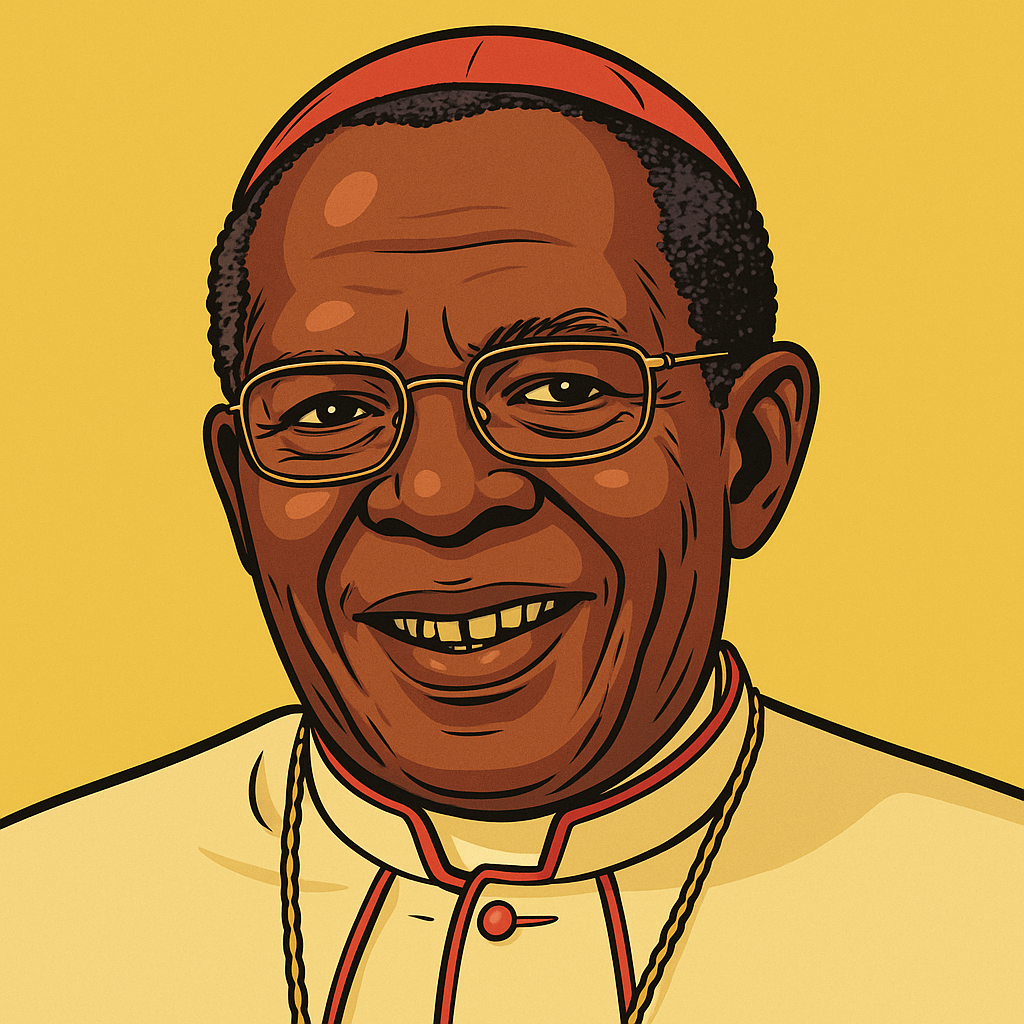
Kenya
Kenyan cardinal, Archbishop Emeritus of Nairobi, known for his conservative positions on moral issues and his leadership in the growing African Church.
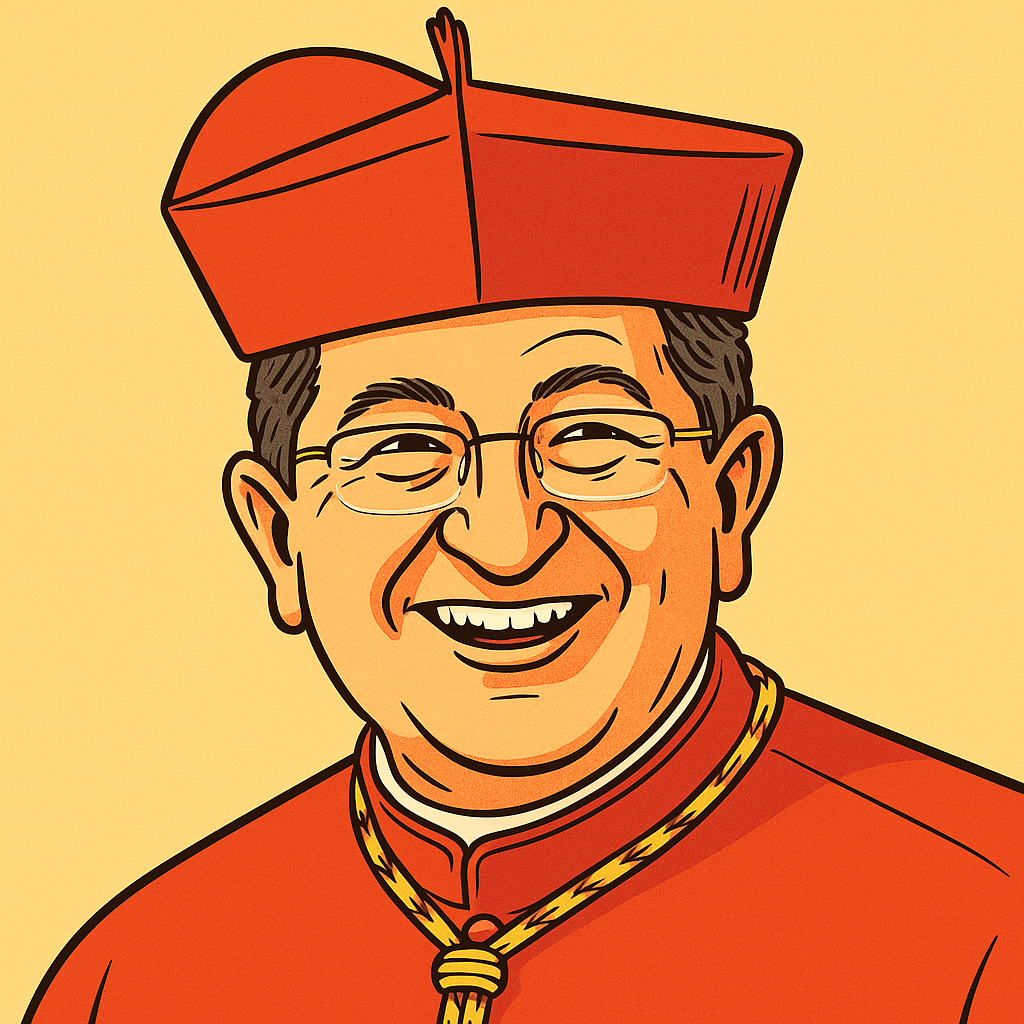
Italy
Italian cardinal, Archbishop of Florence, known for his conservative doctrinal positions and intellectual work, while remaining engaged in pastoral dialogue.

Italy
Italian cardinal, Grand Master of the Order of the Holy Sepulchre, former prefect of the Congregation for the Evangelization of Peoples, known for his missionary and diplomatic experience.

United States
American cardinal, known for his conservative positions on doctrine and liturgy, while seeking unity in a divided ecclesial context.
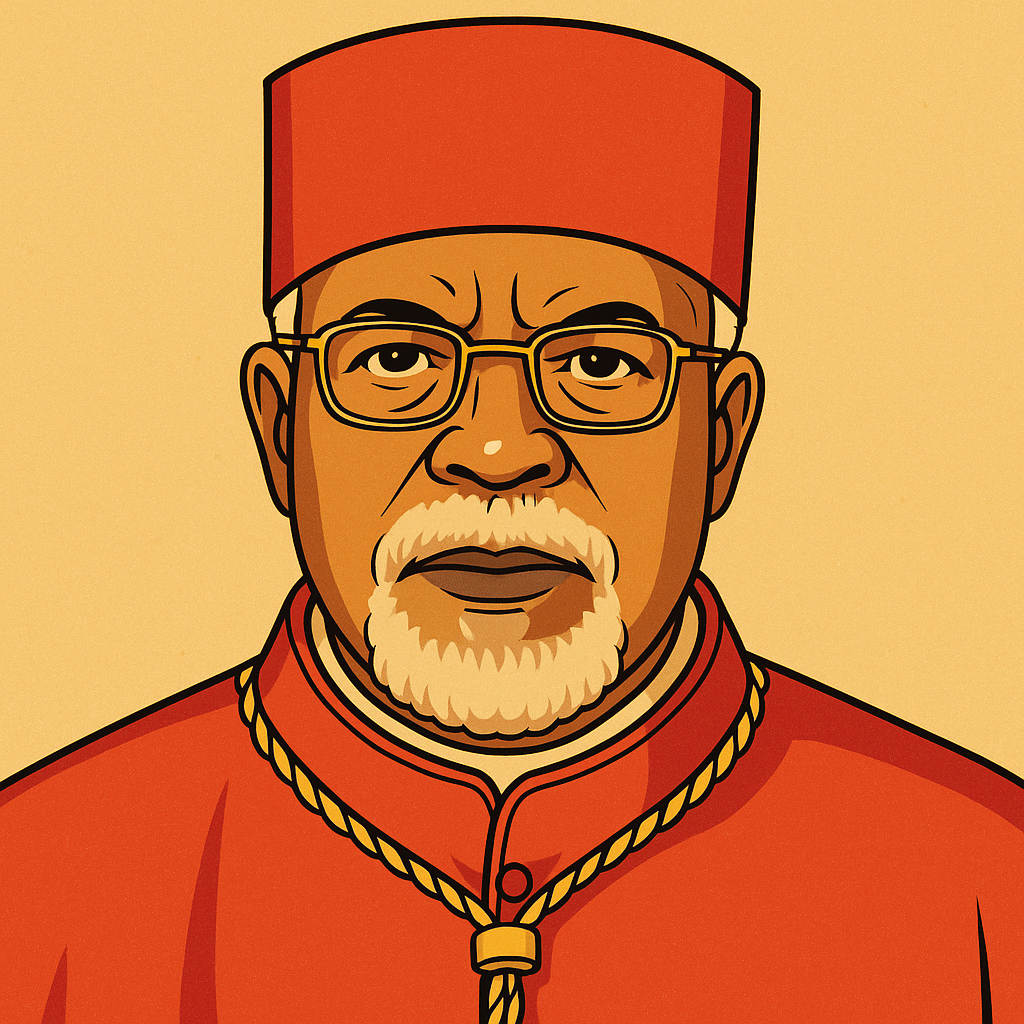
Ethiopia
Ethiopian cardinal of Eastern rite, known for his defense of traditional Church values and his pastoral work in a context of religious tensions.